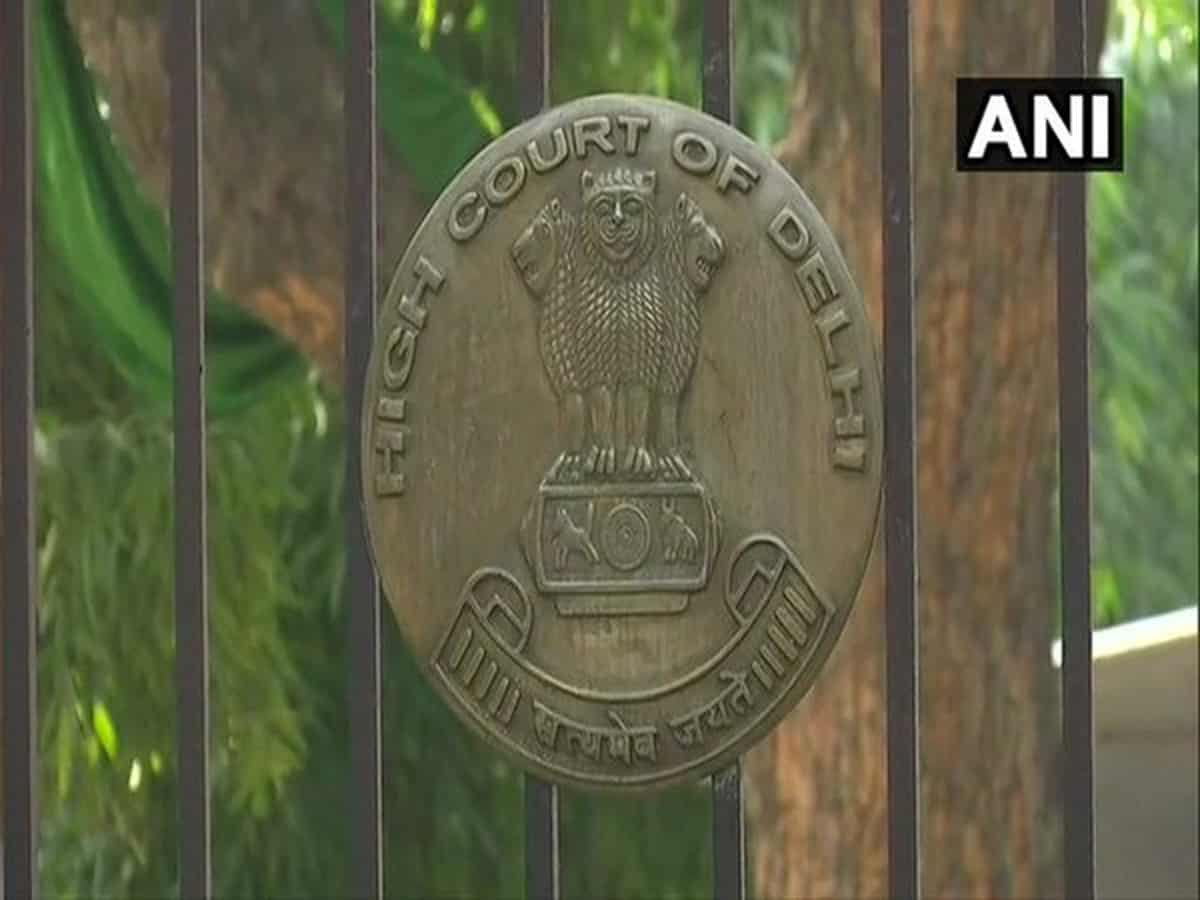
New Delhi: The Delhi High Court on Friday directed the Delhi Police to submit relevant documents on record, within two weeks, on an appeal moved by former JNU student Sharjeel Imam challenging a special court order which had rejected his plea.
The case relates to his alleged inflammatory speeches in Aligarh Muslim University in Uttar Pradesh and Jamia area in Delhi during Citizenship Amendment Act (CAA) protests in 2019.
Issuing notice in the matter, a bench of Justices Siddharth Mridul and A.K. Mendiratta gave the prosecution two weeks time to place relevant documents on record.
The same bench had also issued a notice in the matter on Wednesday.
When Imam’s counsel Tanveer Ahmed Mir pointed out this to court, the bench replied: “Hearing of the appeal will take longer than bail… There will be different considerations while deciding bail and appeal. I have said so in the Ansals judgment and that is upheld by the Supreme Court.”
The court posted the matter for further hearing on May 26.
Imam has approached the High Court against the orders of the lower court which rejected his bail application.
Additional Sessions Judge Amitabh Rawat had, on January 24, framed charges against him under various sections of the Indian Penal Code, including sedition, promoting enmity between different groups on grounds of religion, race, place of birth, residence, and Section 13 of the Unlawful Activities (Prevention) Act.
According to the police, Imam made the alleged inflammatory speeches in Jamia Millia Islamia on December 13, 2019, and in Aligarh Muslim University on January 16, 2020. He has been in judicial custody since January 28, 2020, and is presently lodged in the Tihar Jail in Delhi.
“He is accused of delivering seditious speeches and inciting a particular section of the community to indulge in unlawful activities, detrimental to sovereignty and integrity of the nation,” the charge sheet said.”In the garb of protests against the Citizenship Amendment Act, he exhorted people of a particular community to block the highways leading to the major cities and resort to ‘Chakka Jam’, thereby disrupting normal life,” it read.



